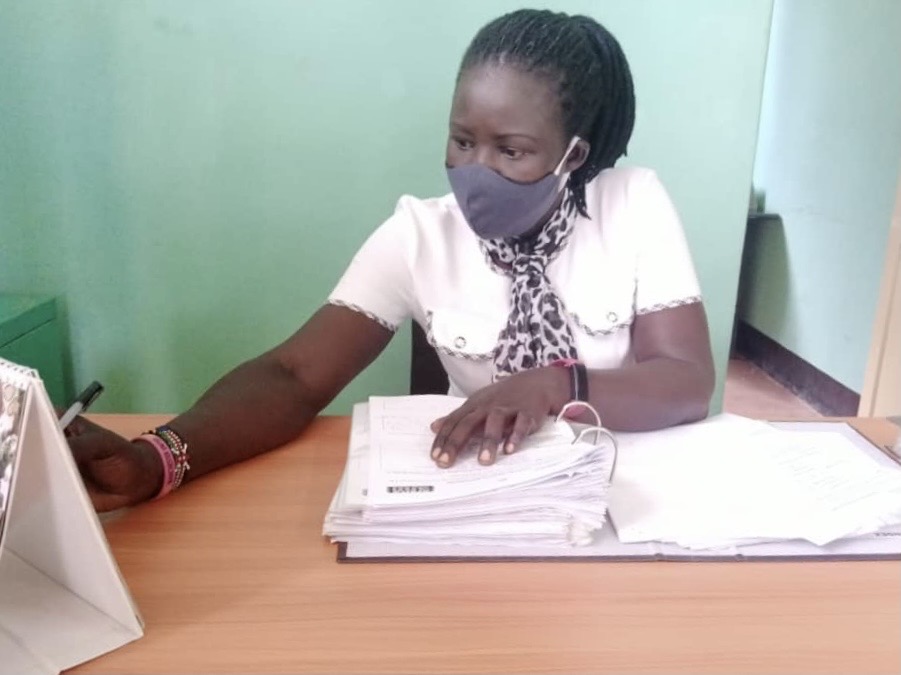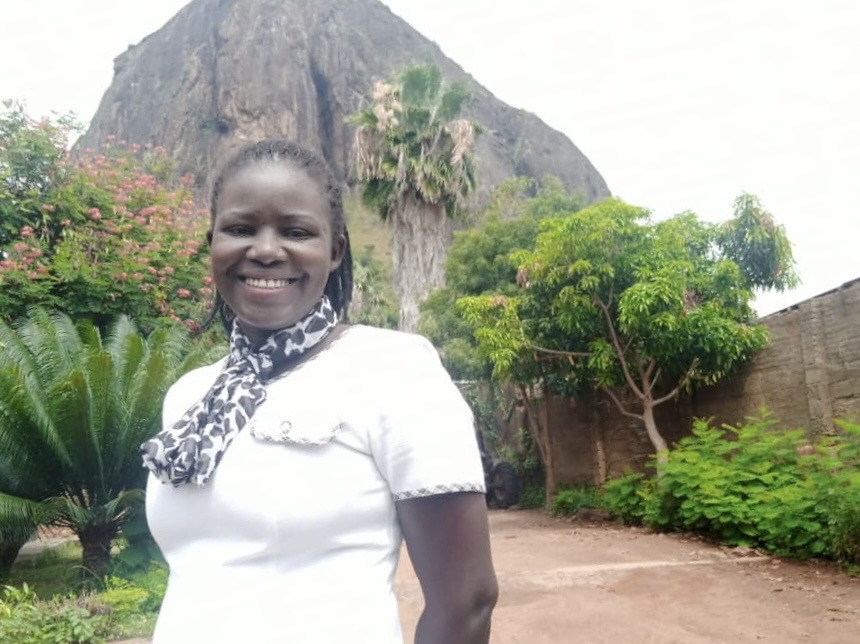These are challenging times, right across the globe. A suicide help-line in southern California reports that in March it had 21 phone calls, while in April, after a few weeks of lockdown, it had 1,800.
Even without a pandemic, our trauma counsellors in northern Uganda cope with difficult circumstances in the aftermath of a devastating civil war. Now, they have shifting their work from group counselling sessions or face-to-face talk therapy with individuals to telephone consultations. The everyday stresses are heightened by the current situation, making it even more important that we are there for people tackling trauma.

Network for Africa’s chief executive, Annabel Harris, recently interviewed Sarah, one of the local counsellors we trained.
Why do you do this work?
I love talking to people and helping them find solutions to their problems.
What is your best memory?
Before the lockdown began, a Village Health Team worker took me to the home of a 23-year-old man who was suffering from psychosis. His grandmother mocked him for his disability, and she also mocked my efforts to help him. I asked around to try to find a member of his family who might make sure he took medication regularly. I tried to convince them that the young man could get well if someone would help him and support him. Eventually, an uncle offered to help. Within two weeks the uncle noticed a big improvement in the young man’s behaviour. He also helps his grandmother by fetching water, and assisting with the cooking. The grandmother’s attitude has changed. She’s so thankful, and she told me she had no idea what a difference counselling and mental health support could make.
What is your worst memory?
It’s hard when you approach a family, offering to help them, but they aren’t interested. Or they are so afraid of mental illness or epilepsy that they try to hide away the family member who is suffering. In northern Uganda, we don’t have the resources to remove people from homes like these. We just try to educate the relatives, convincing them that epilepsy is not a curse from the spirit world, and that with proper medication we can control seizures. We also try to make the community aware, so people let us know when someone is suffering from being with a neglectful family. That’s why our work with village elders and clan leaders has been so important. They know what’s happening in their area, and they can raise the alarm. Then we can get involved and make a difference. We can demonstrate that there is hope and there are options. That’s why I love doing this job.

Please help us to support our counsellors, like Sarah, who work hard to provide much needed counselling to the large numbers of people taking part in our mental health programmes. Thank you.
Help Support Our Counselling Programmes